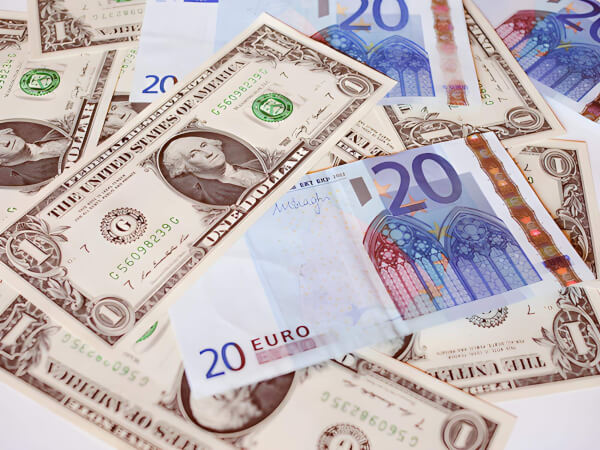-
China's GDP grew by 5.2% year-over-year in Q2 2025, slightly above the 5.1% forecast, but lower than the 5.4% recorded in Q1. The Chinese National Bureau of Statistics acknowledged that the economy is facing both external and internal challenges, including global instability and unresolved structural issues.
-
Industrial production rose by 6.8% y/y in June, beating expectations and reaching the fastest pace since March.
-
Retail sales slowed to 4.8% from 6.4% in May. Fixed asset investment increased by 2.8% in the first half of 2025, below forecasts. These figures reflect an uneven recovery in China's economy.
-
The Chinese central bank announced reverse repo operations worth 1.4 trillion yuan (~$195 billion), targeting short-term liquidity (3- and 6-month tenors).
-
Mark Zuckerberg announced hundreds of billions of dollars in investments into AI infrastructure, including Project Hyperion and Meta Super Intelligence Labs. Future Titaned clusters are expected to launch in 2026. Meta’s goal is to dominate in the development of superintelligence.
-
Goldman Sachs predicts that gold will reach $3,700 by the end of 2025 and $4,000 by mid-2026. The forecast is based on strong central bank demand (mainly from China), ETF inflows, and geopolitical uncertainty.
-
Bank of America warns that Trump’s proposed 30% tariffs could raise the effective U.S. tariff rate by 4 percentage points. As a result, the Fed may delay or fully abandon planned rate cuts in 2025.
-
The USD ended the day higher against most major currencies. The rise was driven by Trump’s new threats of 30% tariffs on the EU and Mexico.
-
Trump threatened 100% tariffs on Russian goods if peace is not achieved within 50 days, along with secondary sanctions on countries buying Russian oil. He also unveiled a new NATO defense pact with Ukraine, which includes the production of Patriot systems and deployment of U.S. military equipment.
-
Bitcoin hit a record high of $123,000 yesterday, then pulled back to $116,500 and stabilized around $117,500.

Daily summary: Silver plunges 9% 🚨Indices, crypto and precious metals under pressure

BREAKING: US jobless claims slightly higher than expected

Economic calendar: US Jobless Claims and ECB Speeches to Offer Markets Breathing Room (12.02.2026)

BREAKING: Pound frozen after lower-than-expected GDP data from UK 🇬🇧 📉


